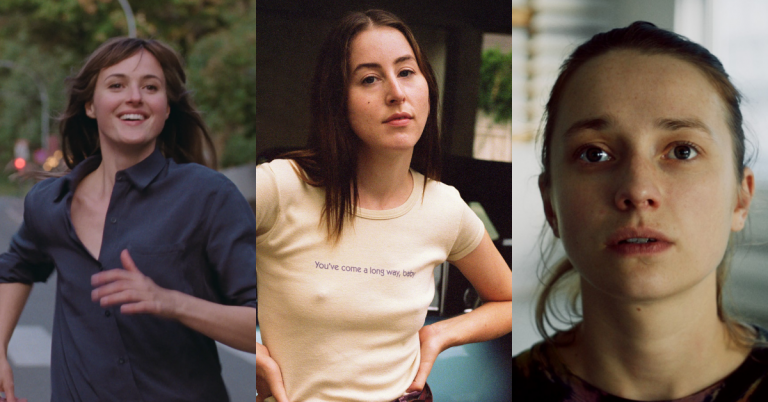The tragic departure of a beloved one, whether it be a husband, a son, a mother, or a friend, leaves a heartache, a dark void of emptiness caused by grief and bereavement. It can push those who are experiencing the loss to go on deep journeys of self-discovery. French writer/director Christophe Honore’s family tragedy Winter Boy, originally titled Le Lycéen, follows the 17-year-old protagonist through all the stages of grieving. When the father dies in a sudden accident, stripping the family of its happiness and stability, the teenage son reacts with instinctive denial, followed by anger, rage, and overwhelming sadness, the disintegration of his own life, the picking up of the pieces and finally a form of acceptance, coming to terms with the finality of the loss.
Acclaimed auteur Christophe Honore, the heir to the Nouvelle Vague film movement, known for his films Love Songs, Sorry Angel, and Inside Paris, is renowned for his complex narrative techniques, intricate psychological examination, and influential filmmaking. Honore’s 14th feature film Winter Boy, dedicated to his father, is a self-reflexive enunciation of his own life as a queer teenager whose world turns upside down when an unexpected loss disrupts his anchored life. The film, which tackles the heaviest of themes, affects the anatomy of grief and documents the process of adapting to the losses in our lives.
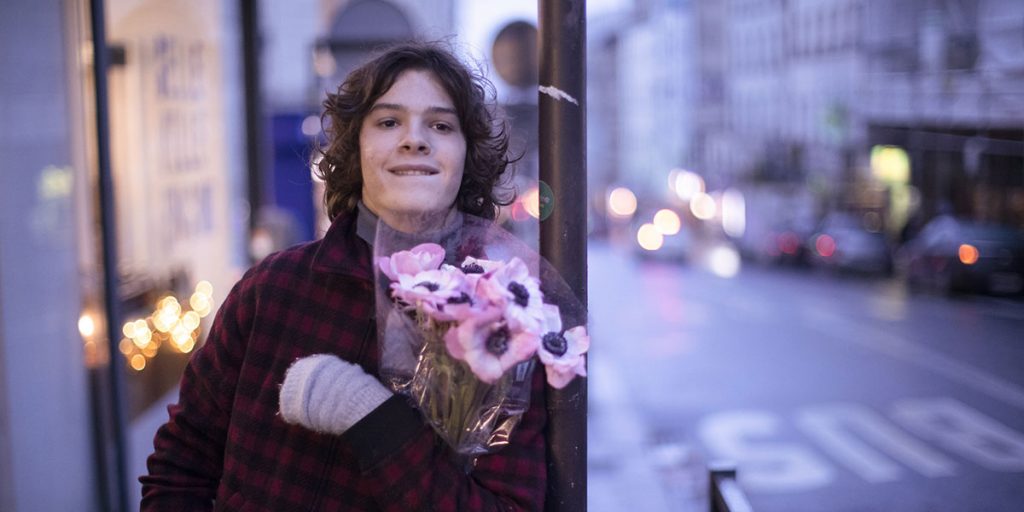
Lucas (Paul Kircher) is the autobiographical hero of this coming-of-age drama who is trying to figure out his own life and identity. When the film commences, Lucas tells his own story as it unfolds, trying to make sense of what happened in his life. Interspersed with Lucas thinking out aloud, telling his internal thoughts, and showing how the events transpired, it provides a fragmented yet delicate and touching account of an unbearable personal tragedy.
Set in the depths of Winter, an alluring Lucas is traipsing through his last year of boarding school, gleefully passing the time with his boyfriend Oscar (Adrien Casse), looking forward to following his older brother Quentin (Vincent Lacoste), an emerging artist, to Paris. However, the startling passing of his father (played by Honore), a Vallee Village prosthodontist, shattered his taken-for-granted life journey and made him view his life as “a wild animal” in need of taming.
The film probes Lucas’s struggle with the anguish, sadness, and torment that descends over him like fog after his father’s demise. He is struggling in double measure as he had a forewarning that something devastating would happen. While taking Lucas to school that morning, his father unwittingly admits that he regretted his life choices and yearned to live his life differently. Minutes later, when they narrowly survived a near-death experience, Lucas realized it was an omen for the future in shambles. And when he is informed of his father’s accident, he is dubious and uncertain whether it was an accidental death or a suicide due to his disappointment with his life.
The film examines how a shocking life-changing event affects Lucas in detail with tenderness and sympathy. All the five stages of grief are reflected clearly in the details of Lucas’s everyday life. Initially, when Lucas is informed of his father’s passing, he refuses to react, feeling numb and “sort of anesthetized.” His calm composure shows signs of denial, a defense mechanism to cope with the loss. But, out of nowhere, he explodes at the confines of his room and feels everything shattering within him, his lungs burning up and finding it difficult to breathe. He is filled with anger and despair that his teenage self can’t begin to articulate. His mother, Isabelle (Juliette Binoche), reeling in the pain of bereavement, finds herself helpless in the efforts to console him. He expresses his rage by lashing out at his brother, but later, he pulls himself together.
To recuperate from the new challenges posed by death and to get grips with his life, Lucas heads to the city to spend a week with Quentin and his flatmate Lilio (Erwan Kepoa Fale). There, he embarks on an exploration of his sexuality, hooking up with strangers, and goes almost to the extent of prostituting himself to an older man. When Quentin intervenes and sends him back home, he feels bottomless sadness. The incomprehensibility of his father’s death makes him renounce his life and engage in self-destructive behavior. Finally, with the help of his mother and those who care for him, he comes to terms with the inevitability of death and comes to a place of acceptance.
One of Honore’s finest films, Winter Boy returns to exploring his favorite themes of family, mortality, sexuality, and resurrection. The film is a dark portrait of an individual in mourning who is fumbling through the conflicting emotions and thoughts following the death of someone important. He looks for consolation and reassurance in all the wrong places, misguided by his confusing assumptions and regrets. This poignant experience leads to the maturation of Lucas as he reaches the cusp of adulthood, fighting to rediscover hope and love.
The subject of Le Lyceen is a thoroughly traversed thematic with significant precedents like Nanni Moretti’s The Son’s Room (2001), Hirokazu Koreeda’s Maborosi (1995), and Kenneth Lonergan’s Manchester by the Sea (2016). But what makes Winter Boy unique and distinctive is the narrative strategy employed by Honore to relay Lucas’s experience and his identity as a queer teenager encountering loss. As Honore confronts his own history through this character-driven narrative, it is observed with empathy, care, and affection. We witness a scintillating honesty and warmth that drives every scene as he reimagines himself as Lucas.
Paul Kircher offers a brilliant performance by giving life to Lucas, an attractive and delicate youth who finds it difficult to express his pain, let alone release it. He puts on a facade not to let others see his vulnerable and defenseless self but collapses when he is overburdened with loneliness and depression. We cheer for him to find his way back to himself when we get a glimpse at the scared kid hiding beneath his adult body. Juliette Binoche is equally outstanding as Isabella as she adds a human touch and depth to the film by reflecting the emotions of a caring mother.
Winter Boy is a deeply personal film for Honore as it has the unmistakable stamp of the director’s life as he played the part of his father’s ghost. With sublime performances and dynamic filmmaking, Honore reaches out and touches us with his moving meditation on grief. This psychologically and sensitively mature film is made with scrupulous sincerity and frankness. It points out the need to overcome difficult and tough-to-handle situations and recognize death as the ultimate truth in life.



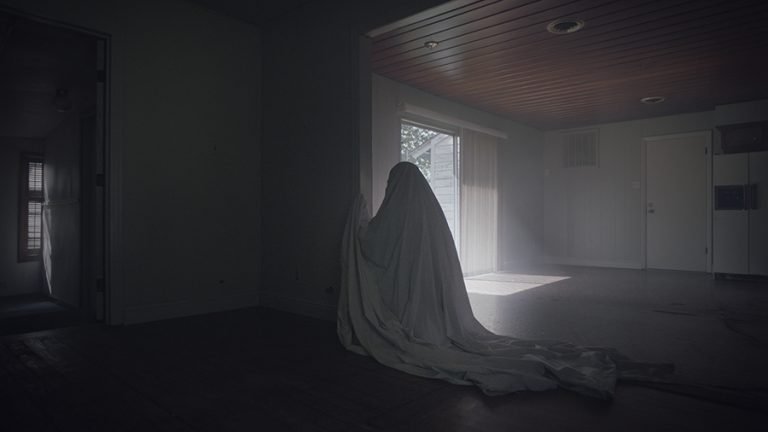
![The King and The Clown [2005] Review – A Shakespearean Tragedy](https://79468c92.delivery.rocketcdn.me/wp-content/uploads/2019/05/Lee_The-King-and-the-Clown-High-On-Films-e1558626220296-768x422.jpg)
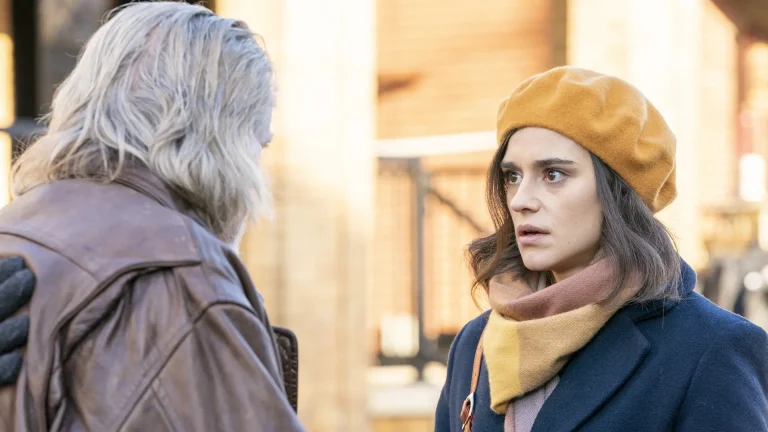
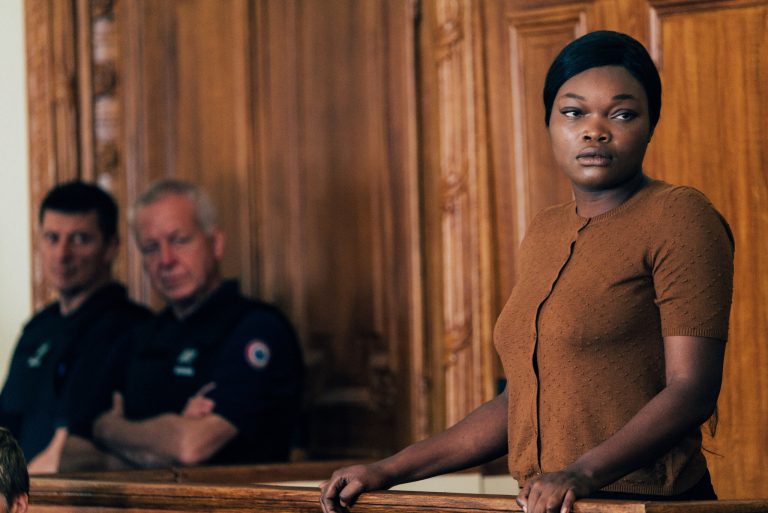
![Just Mercy [2019] Review – A Mild Legal Drama on a Shocking Reality](https://79468c92.delivery.rocketcdn.me/wp-content/uploads/2020/01/Just-Mercy-768x419.png)
